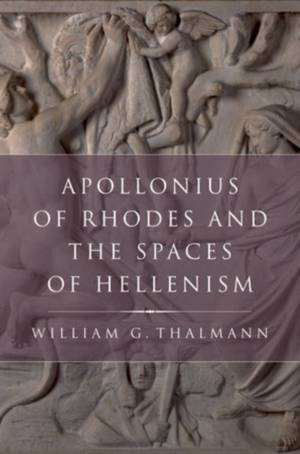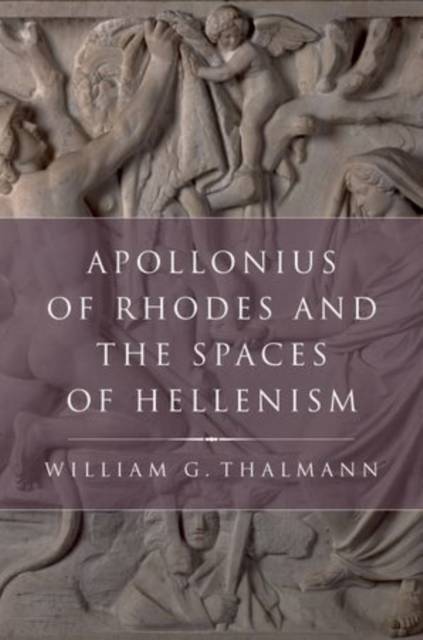
Je cadeautjes zeker op tijd in huis hebben voor de feestdagen? Kom langs in onze winkels en vind het perfecte geschenk!
- Afhalen na 1 uur in een winkel met voorraad
- Gratis thuislevering in België vanaf € 30
- Ruim aanbod met 7 miljoen producten
Je cadeautjes zeker op tijd in huis hebben voor de feestdagen? Kom langs in onze winkels en vind het perfecte geschenk!
- Afhalen na 1 uur in een winkel met voorraad
- Gratis thuislevering in België vanaf € 30
- Ruim aanbod met 7 miljoen producten
Zoeken
Apollonius of Rhodes and the Spaces of Hellenism
William G. (Professor of Classics and Comparative Literature, Pr
€ 155,95
+ 311 punten
Omschrijving
Using spatial theory developed in the social sciences, this book explores the representation of space in Apollonius's Argonautika as both an affirmation of Greek culture and a questioning of the differences between Greeks and non-Greeks. It presents a unique perspective on Apollonius' famous poem and on the early Ptolemaic period.
Specificaties
Betrokkenen
- Auteur(s):
- Uitgeverij:
Inhoud
- Aantal bladzijden:
- 288
- Reeks:
Eigenschappen
- Productcode (EAN):
- 9780199731572
- Verschijningsdatum:
- 29/09/2011
- Uitvoering:
- Hardcover
- Afmetingen:
- 166 mm x 238 mm
- Gewicht:
- 554 g

Alleen bij Standaard Boekhandel
+ 311 punten op je klantenkaart van Standaard Boekhandel
Beoordelingen
We publiceren alleen reviews die voldoen aan de voorwaarden voor reviews. Bekijk onze voorwaarden voor reviews.









